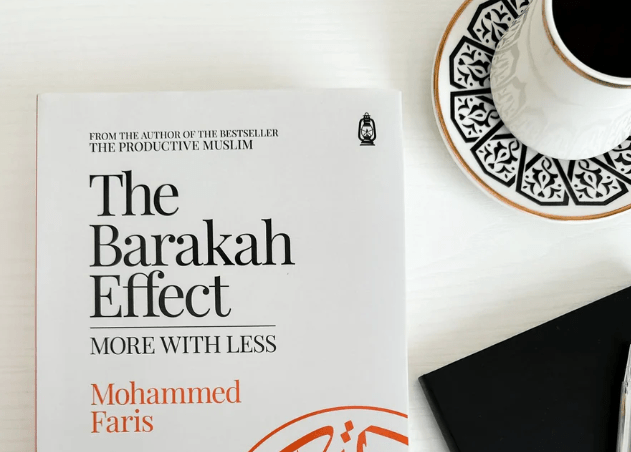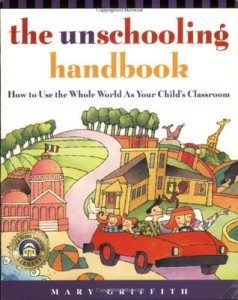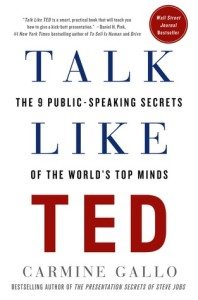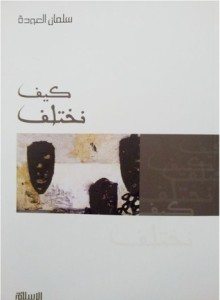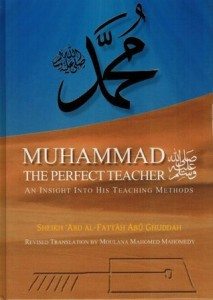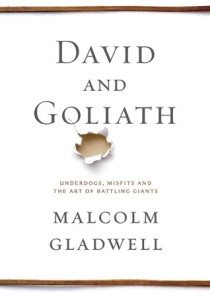The Barakah Effect: More With Less is the latest book from Productive Muslim leader Mohammed Faris. A follow-up to his recent book, The Productive Muslim, The Barakah Effect is a masterpiece and may be the best work written in this field. Combining practical guidelines with deep spiritual guidance, the Barakah Effect accomplishes what many other books in this field only wish to accomplish; it offers a practical in-depth look at how to live a blessed life that is pleasing to Allah and beneficial to humanity. In many ways, this may be the only productivity book you really need to read if you wish to live a blessed lifestyle.
I reviewed The Productive Muslim in the past, and stated that it was an excellent introduction to Islamic productivity, while also criticizing the order of chapters and overall flow of the book. I do not have such criticisms of the Barakah Effect. I thoroughly enjoyed everything about this book; its core themes, chapter order, art style, diagrams, practical guidelines, and especially its criticism of modern ideologies that negatively impact our work life.
Understanding Barakah
At Islamic Self Help, we have produced two separate books on Barakah, one on time management and another on barakah in wealth. The Barakah Effect combines both these concepts and more and focuses on how to have Barakah in one’s life. Barakah is often translated as blessings, and it is a type of miracle (karamat) in which a person experiences an unexplainable increase or abundance in anything. Whether it is being able to get more work done in an hour than others, influence more people with less effort, earn major profits with small honest dealings, or survive for long on a small amount of wealth, all of these are types of barakah that people can experience in life.
The first few chapters of the book lay the groundwork by explaining what is barakah, how we lost it, the differences between a barakah culture and modern hustle culture, and a framework on how to regain barakah into one’s life. The remaining chapters each focus on specific acts of worship and lifestyle changes that attract barakah into one’s life including starting any action with Bismillah (in the name of Allah), having pure intentions, living a God-centric lifestyle, being grateful, focusing on what is in one’s control, trusting God with what is outside one’s control, caring for one’s parents, praying to God for assistance and success, embracing mortality, and sending salawat (blessings) upon Prophet Muhammad ﷺ. Overall, the book flows beautifully taking the reader on a journey from learning new concepts to unlearning modern ideologies to learning practical steps for increasing barakah in one’s life.
Why Barakah Matters
We write a lot about barakah at Islamic Self Help, and for good reason. It is a miracle that any believer can experience with small amounts of effort, yet its impact in one’s life cannot be measured. Barakah brings peace, purpose, contentment, happiness, and abundance to one’s life in ways that no worldly means ever could. Too many people chase happiness in the wrong places. We seek happiness and pleasure through amassing wealth (capitalism), buying many luxurious products (consumerism), and fulfilling desires (hedonism) yet none of these paths leads to real joy. Many people become trapped in a soulless cycle of work, entertainment, sleep and repeat, without their lives having any read purpose or value.
In the Barakah Effect, Mohammed Faris encourages us to abandon the hustle culture mindset and to adapt a barakah mindset instead. This means shifting our focus from worldly success to pleasing Allah and building our Afterlife. When life becomes focused on pleasing Allah, we attract great blessings into our lives. Our wealth, efforts, families, and projects experience a higher level of success than we can ever imagine. Sometimes a person may produce one small project sincerely for the sake of Allah and the barakah of that project has ripple effects across the world long after the founder has passed away. Anything that is blessed is going to be more impactful that that which is not.
How to Gain Barakah
One of the most beneficial sections of this amazing book is the appendix which lists over twenty sources of barakah, with practical tips on how to achieve them. I highly recommend taking time to study the appendix and to apply each step to one’s life gradually. This will lead to a gradual increase in barakah in one’s life with each new source of barakah that you introduce into your life.
This list is very comprehensive and includes the following acts of worship; reciting Quran, praying five times a day, praying extra prayers, maintaining family ties, charity, seeking beneficial knowledge, avoiding sins, waking up early, being honest and trustworthy in business, and earning halal income. These are all listed in the appendix with evidences from the Quran and Sunnah, as well as practical tips on how to introduce these practices into one’s life.
The appendix also includes a list of mindset changes that bring barakah into one’s life. I found this list especially beneficial. It includes many important mindset shifts such as: humility, contentment, gratitude, trusting God, optimism, consistency, intentionality, steadfastness, and abundance. In many ways, a mindset shift is just as important for bringing barakah into our lives as the actions we take. We need to develop a barakah mindset first, and then barakah-focused actions become easier to implement.
Book Review: 10 out of 10 – A Masterpiece
The Barakah Effect is the most important book written in the field of Islamic productivity. Nothing else comes close, and I say this as the author of many books in this field. None of my books are as comprehensive as this excellent work by Mohammad Faris. I highly recommend this book to every Muslim. It contains crucial guidance on how to fix our mindset, as well as practical tips on how to attract barakah into one’s life. The book is available in multiple formats here. May Allah bless the author, the publisher, and their team for this amazing and relevant book.
